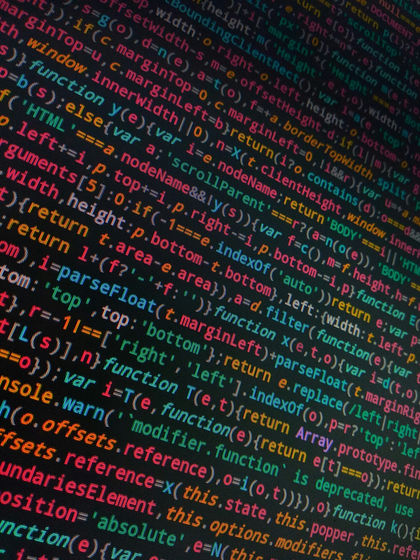Court dismisses most lawsuits filed by developers who claim GitHub Copilot illegally copies their code

Judge dismisses DMCA copyright claim in GitHub Copilot suit • The Register
https://www.theregister.com/2024/07/08/github_copilot_dmca/

GitHub Copilot is a feature announced by GitHub in 2021 that uses AI to automatically complete the rest of source code. Because GitHub Copilot is trained on code on GitHub, some developers complained shortly after its release that it was 'outputting the code they wrote,' raising concerns that it may be infringing copyright .
GitHub Copilot, a feature that automatically completes source code, has been launched with the cooperation of OpenAI - GIGAZINE

In November 2022, a class action lawsuit was filed against GitHub, Microsoft, and OpenAI, three companies involved in the development of GitHub Copilot, for 'profiting from the work of open source programmers.' The plaintiffs argued that GitHub Copilot was trained with the code of open source software hosted on GitHub, infringing the Digital Millennium Copyright Act (DMCA).
GitHub Copilot, an AI that learned from GitHub code, faces class action lawsuit - GIGAZINE

The lawsuit initially started with a total of 22 claims, but the three companies -- Microsoft, GitHub, and OpenAI -- moved to dismiss the lawsuit , and the judge presiding over the case, Judge John Tiger, has dismissed the claims piece by piece.
On July 5, 2024, three new claims were dismissed , ultimately leaving only two of the 22 claims remaining.
The claims dismissed this time were quite significant, and one of them was for infringement under Section 1202(b) of the DMCA. Section 1202(b) basically says that you can't remove important copyright management information, like who wrote the code and the terms of use, without permission, as specified in the license. In this case, the plaintiffs argued that 'GitHub Copilot removed license information when providing code snippets created by users, which violates Section 1202(b) of the DMCA.'
However, Judge Tiger dismissed the complaint, finding that the code generated by GitHub Copilot was not sufficiently identical to the original code to be covered by Section 1202(b) of the DMCA. In fact, GitHub has reportedly adjusted GitHub Copilot to prevent accusations that the code it generates is an exact copy of the original.

The plaintiffs have repeatedly alleged that GitHub Copilot copies and outputs open source code, which was a key argument for DMCA violations. However, because Judge Tiger ruled that the case for copying and outputting code was not substantiated, the plaintiffs will no longer be able to bring a claim under Section 1202(b) of the DMCA.
Specifically, Judge Tiger cited a research paper that found that 'GitHub Copilot rarely outputs copies of memorized code in benign circumstances, but only outputs copies of code when the model is presented with long code snippets that are highly similar to the training data.' In other words, 'Plaintiffs' reliance on the research that GitHub Copilot could theoretically be instructed by users to generate matches to other people's code is unconvincing.'
The remaining two claims dismissed by Judge Tiger are for 'unjust enrichment' and 'punitive damages,' and they may be amended and refiled. However, until refiled, only two claims will remain valid. The remaining two claims are for 'open source license violation' and 'breach of contract.'
Regarding the dismissal, GitHub told technology media The Register, 'We strongly believe that AI will transform how the world builds software, leading to increased productivity and, most importantly, improved developer satisfaction.' 'We are confident that GitHub Copilot complies with applicable law and have been committed to innovating responsibly with GitHub Copilot from the beginning. We will continue to invest in and advance our AI-powered developer experience of the future.'
Related Posts:
in Software, Posted by logu_ii







